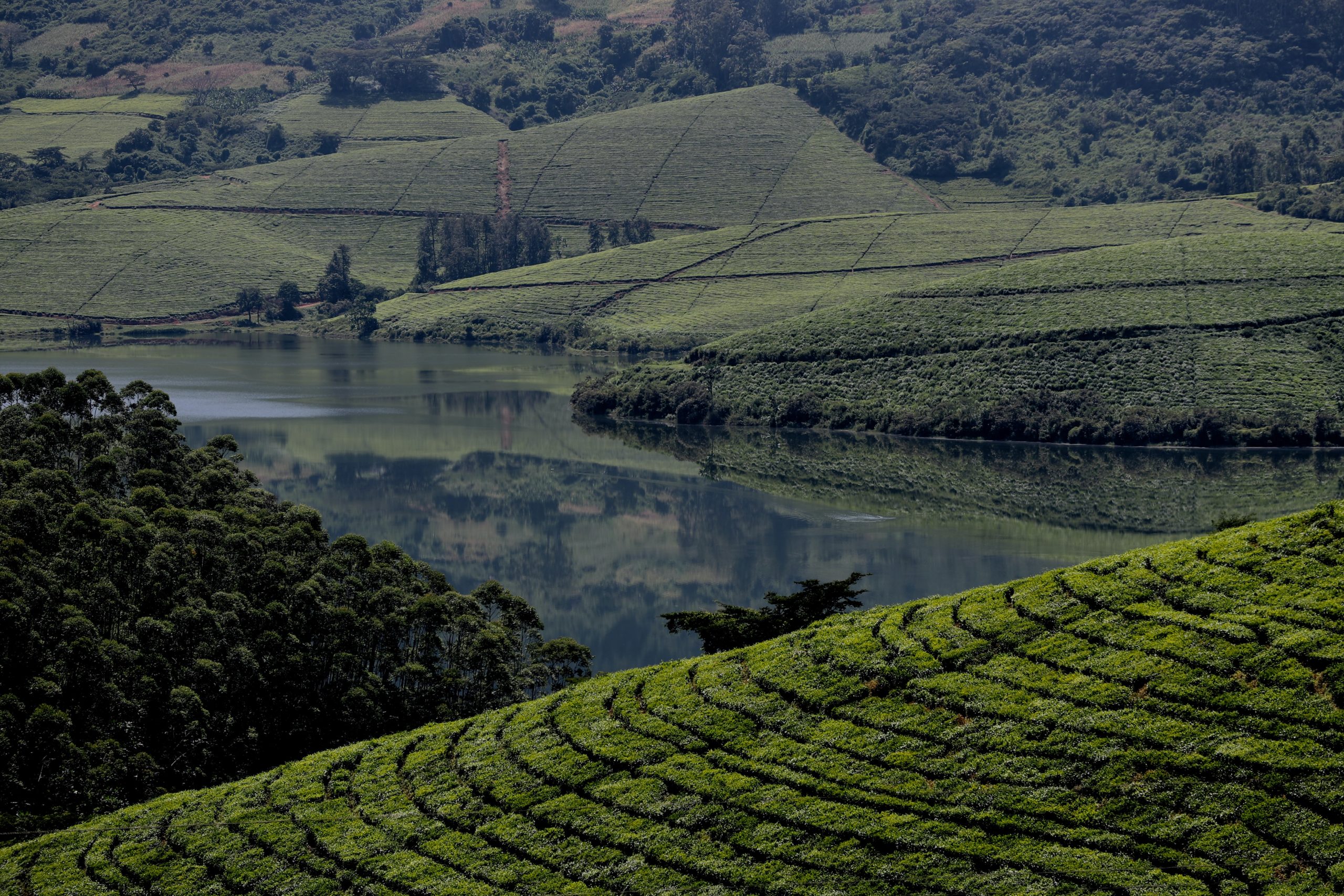 Photo: Unsplash / Tatenda Mapigoti
Photo: Unsplash / Tatenda Mapigoti
This article was first published by the Swedish University of Agricultural Sciences.
“Researchers are testing new climate-smart agriculture (CSA) technologies in a semi-arid region of Zimbabwe. After a field day the local team was overwhelmed by the response of hundreds of smallholder farmers. Their request was simple: “Register our names for the installation of the Subsurface Water Retention Technology (SWRT) in our fields”. SWRT, one of the CSA technologies being investigated in the project, improves soil water and nutrient management and has shown phenomenal yields during the last two maize growing seasons.”
“Since 2019, the researchers have been conducting on-farm experimentation of different climate-smart agriculture options in Zimbabwe.”
“In 2019, SLU, The Alliance and MSU built on the existing knowledge with an additional technology, SWRT, that allows further harnessing of soil water whether from rainwater, irrigation or harvested water. While very low rains were received during the first maize growing season, in the second season (December 2020 to April 2021) average to above-average rains were received. However, under both conditions, the benefits of investing in SWRT were visible to the farmers who expressed their interest in the technology on the spot.”
“At the end of field day, with the leadership of the Chief of Marange district, a long list of more than 300 smallholder farmers registered to be considered for new installations of the technology on their farms if resources are available. The farmers also indicated that they are ready to co-invest in the installation of SWRT. While the testing of the technologies continues for another cropping season, the team is now exploring opportunities to make the technology accessible for resource-poor farmers that have also expressed a willingness to play their part.”
This article was originally published as a research project news by the Swedish University of Agricultural Sciences.










